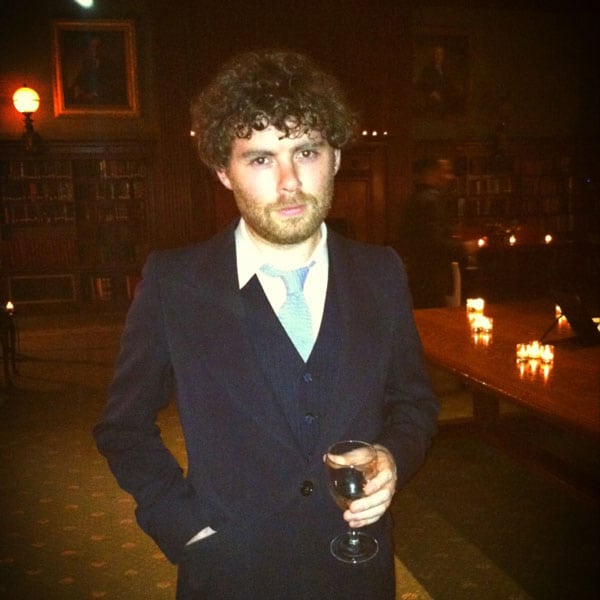
September 8, 2018; Oregon Public Broadcasting
The Oregon Symphony took a risk by addressing the issue of homelessness in its “Sounds of Home” season with the world premiere of Gabriel Kahane’s emergency shelter intake form, an oratorio that examines homelessness and housing insecurity in Portland and beyond.
The Britt Festival helped to commission the work and subsequently performed the oratorio to its audiences. The recording will be released in early 2019. Inspired orchestras across the country are expressing interest in producing the same piece or at least a form of topical performances of their own.
The Maybelle Community Singers, an ensemble of formerly homeless people and the organization’s volunteers and staff, invigorated the oratorio’s narratives sung by renowned soloists and the chorus. The one-hour concert was presented free-of-charge, with a pay-what-you-will suggested contribution. All proceeds were given to a consortium of social service agencies that partnered with the symphony. Earlier in its season, the “Sounds of Home” initiative addressed the issues of immigration and the environment. Each of the three “Sounds of Home” productions was preceded by a free community event featuring discussions, such as this one with Gabriel Kahane.
The Symphony has not traditionally tackled topical issues from the stage. As music director Carlos Kalmar said, institutions have been wary of unspoken rules governing the orchestral world.
“You cannot—as a nonprofit institution—you cannot be politically involved,” Kalmar said.
When the time came to program the 2017–18 season, the symphony’s artistic advisory committee began serious discussions on programming that would address the issues affecting audiences: immigration, the environment, homelessness. After several years of planning—undertaken well before the 2016 election—the symphony programmed various thematic works across the year, including the commissioning of an original orchestral work.
Sign up for our free newsletters
Subscribe to NPQ's newsletters to have our top stories delivered directly to your inbox.
By signing up, you agree to our privacy policy and terms of use, and to receive messages from NPQ and our partners.
At first, Brooklyn-based composer and singer-songwriter Gabriel Kahane was tentative. He did not want to force a political (but not partisan) message on the audience and he was not interested in merely helping the orchestra “check a box” that benefits the institution more than inspire real change among the listeners. Kahane volunteered at a homeless shelter in New York City to build his personal knowledge of the subject to be dramatized in music.
“One of the things that I found in interviewing people is the banality of poverty,” Kahane said. “There was this phrase that kept coming up, sleeping in chairs when you’re trying to get a shelter bed in just about any system in the United States, you’re sort of vetted.”
That was how he came to the concept of bringing housing bureaucracy to musical life in the composition, emergency shelter intake form.
Houselights were up so people could read the lyrics. Everyone could also see dozens of patrons leave as well as those who “were openly crying in a profound way.” Though each of the three evening performances ended to overwhelming applause, opening night was not easy on the symphony music director Carlos Kalmar.
I thought only two things: “One, this is breakthrough work. And this is the end of my career.” One of my percussionists pointed out those two things are not mutually exclusive.
Issues of immigration, the environment, and homelessness are of great importance to NPQ. The sophistication of complex melodies and harmonies, as produced by the Oregon Symphony, and the in-your-face attitude and lyrical repetition from the Maybelle Community Singers may seem a lower priority for coverage—but as we see all too often in our daily analysis of the news, the truth does not always set us free.
Joining with the Oregon Symphony, we can be political without being partisan in saying that we can either cooperate or resist. And, without getting too judgmental about these issues, we can also say that the ultimate verdict belongs to history. But today, we know that the east coast is girding for Hurricane Florence, sanctuary states like Oregon are under siege, and homelessness in Oregon is as pressing an issue as ever. Truly, emergency shelter intake form is an exceptional moment for a community with a conscience when everything comes wonderfully together to support a groundbreaking musical experience that deserves a standing ovation.—Jim Schaffer













